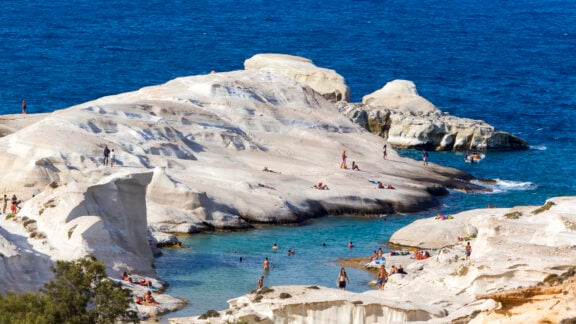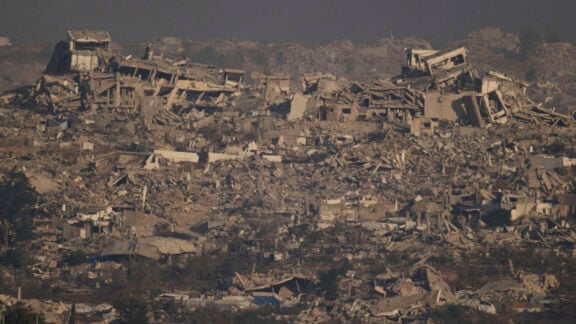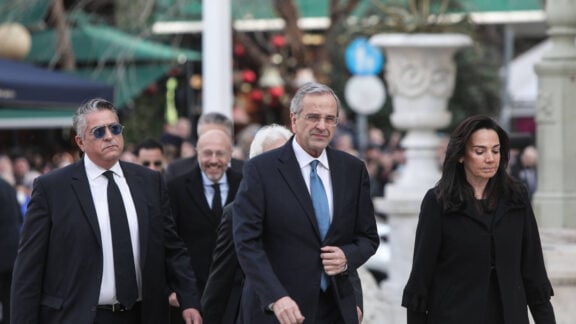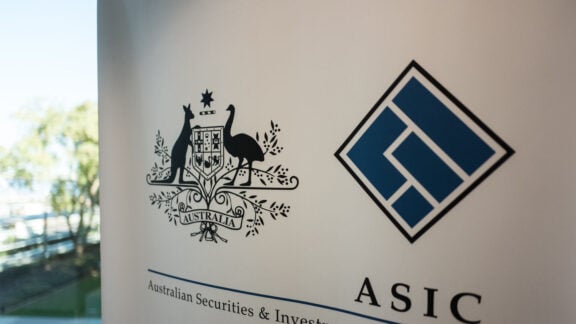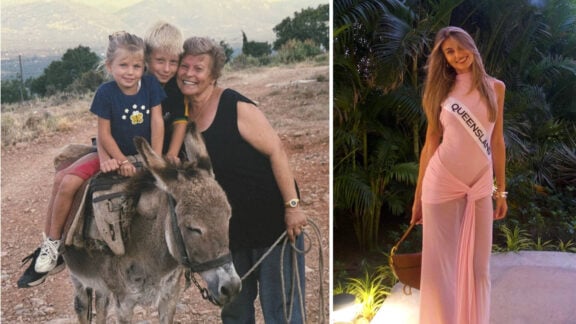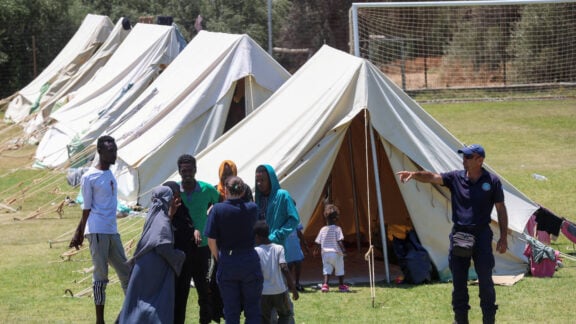WikiLeaks founder Julian Assange has pleaded guilty to a single felony charge for publishing US military secrets in a deal with Justice Department prosecutors that secures his freedom.
The plea concludes a drawn-out legal saga that raised divisive questions about press freedom and national security.
The plea was entered on Wednesday morning in federal court in Saipan, the capital of the Northern Mariana Islands, a US commonwealth in the Pacific.
He arrived at court shortly before the hearing, wearing a dark suit with a tie loosened at the collar, and entered the building without taking questions.
Inside the courthouse, he answered basic questions from US District Judge Ramona Manglona, an appointee of former president Barack Obama, and appeared to listen intently as terms of the deal were discussed.
As a condition of his plea, he will be required to destroy information that was provided to WikiLeaks.
The plea deal represents the latest and presumably final chapter in a court fight involving Assange.
The US Justice Department agreed to hold the hearing on the remote island because Assange opposed coming to the continental US and because it’s near Australia, where he will return after he enters his plea.
The guilty plea resolves a criminal case brought by the Trump administration Justice Department in connection with the receipt and publication of war logs and diplomatic cables that detailed US military wrongdoing in Iraq and Afghanistan.
Prosecutors alleged that he conspired with former Army intelligence analyst Chelsea Manning to obtain the records and published them without regard to American national security, including by releasing the names of human sources who provided information to US forces.
But his activities drew an outpouring of support from press freedom advocates, who heralded his role in bringing to light military conduct that might otherwise have been concealed from view.
Among the files published by WikiLeaks was a video of a 2007 Apache helicopter attack by American forces in Baghdad that killed 11 people, including two Reuters journalists.
The indictment was unsealed in 2019, but Assange’s legal woes long predated the criminal case and continued well past it.
Weeks after the release of the largest document cache in 2010, a Swedish prosecutor issued an arrest warrant for Assange based on one woman’s allegation of rape and another’s allegation of molestation. Assange has long maintained his innocence, and the investigation was later dropped.
He presented himself in 2012 to the Ecuadorian Embassy in London, where he claimed asylum on the grounds of political persecution, and spent the following seven years in self-exile there, hosting a parade of celebrity visitors and making periodic appearances from the building’s balcony to address supporters.
In 2019, his hosts revoked his asylum, allowing British police to arrest him.
He remained locked up for the last five years while the US Justice Department sought to extradite him, in a process that encountered skepticism from British judges who worried about how Assange would be treated by the American criminal justice system.
Ultimately, though, the resolution sparing Assange prison time in the US is a repudiation of sorts of years of ominous warnings by Assange and his supporters that the American criminal justice system would expose him to unduly harsh treatment, including potentially the death penalty — something prosecutors never sought.
Meanwhile, Assange’s wife, Stella, told the BBC that she was “elated” at the news as her husband flew on a chartered jet to Saipan en route to walking free.
She said the preceding days had had been “touch-and-go” and “non-stop”, and that she was feeling “a whirlwind of emotions”.
Stella said the priority for her husband was to “get healthy again”, be in touch with nature, and for the family to have “time and privacy”.
She told PA news agency that she travelled to Australia with the couple’s two young sons Gabriel and Max on Sunday when it became clear that Assange would be freed.
with Reuters and PA

